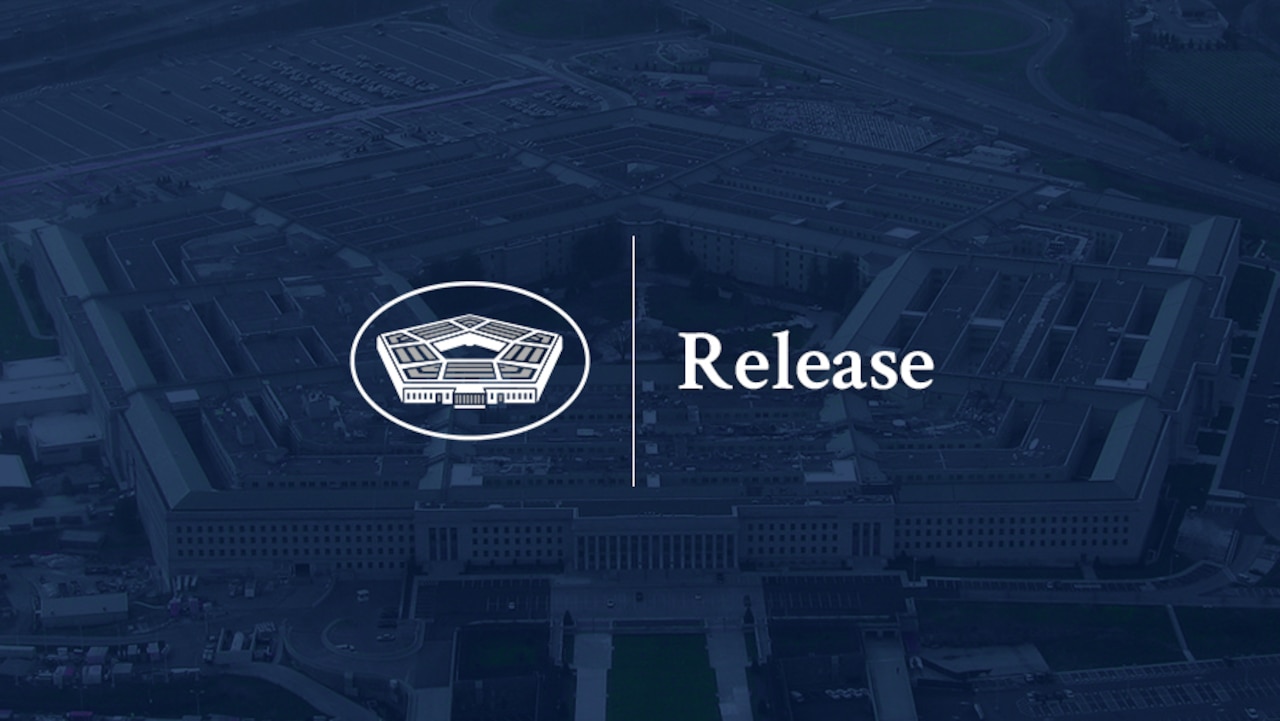Pentagon Press Secretary Maj. Gen. Pat Ryder provided the following release:
Secretary of Defense Lloyd J. Austin III concluded his twelfth official visit to the Indo-Pacific today. During his trip, Secretary Austin participated in the Australia-U.S.-Japan Trilateral Defense Ministers’ Meeting, attended the ASEAN Defense Ministers’ Meeting (ADMM) Plus, conducted meetings with regional counterparts, and held engagements with Fijian leaders. At each stop, he announced concrete steps that the United States is taking with allies and partners to strengthen deterrence and advance unprecedented cooperation in the region.
In Australia, Secretary Austin met with Australian Deputy Prime Minister Richard Marles and Japanese Minister of Defense Nakatani Gen for a historic Trilateral Defense Ministers’ Meeting (TDMM). They announced initiatives to expand the scale and scope of trilateral cooperation and enhance force posture in the region. Of note, Japan will increase its participation in United States-Australia force posture cooperation activities through annual trilateral amphibious training among the Australian Defence Force, the Japanese Ground Self-Defense Force’s Amphibious Rapid Deployment Brigade, and the United States Marine Rotational Force-Darwin in northern Australia and the Indo-Pacific region from 2025, beginning with Exercise TALISMAN SABRE 2025. In addition to holding bilateral meetings with Deputy Prime Minister Marles and Minister Nakatani, the three officials also toured Royal Australian Air Base – Darwin (RAAF-D), where they underscored the decisive steps they are taking together to achieve lasting peace and security in the Indo-Pacific.
Secretary Austin then met with President Ferdinand Marcos Jr. and Secretary of National Defense Gilberto C. Teodoro, Jr in the Philippines. Together, they reaffirmed the strength of the U.S.-Philippines alliance as well as their shared vision for a free and open Indo-Pacific. While there, Secretary Austin participated in a groundbreaking ceremony for a new bilateral Combined Coordination Center (CCC) and signed a General Security of Military Information Agreement (GSOMIA), both of which will increase information flow and deepen interoperability. He also visited an Enhanced Defense Cooperation Agreement (EDCA) site in the Philippines island of Palawan, where U.S. and Philippine troops work side by side, to observe an unmanned surface vessel demonstration that reinforced efforts to modernize our alliance capabilities.
Secretary Austin traveled to Laos where he participated in the ASEAN Defense Ministers’ Meeting (ADMM) Plus and met with regional counterparts. He delivered plenary remarks and announced the first-ever Department of Defense Vision Statement for a Prosperous and Secure Southeast Asia that details ways to increase practical cooperation between the United States and Southeast Asia. He also announced the second-ever ASEAN-United States Maritime Exercise in 2025 to advance maritime safety and rule of law in the region. During his meetings, Secretary Austin emphasized the U.S. commitment to strengthen security in Southeast Asia through unwavering support for ASEAN centrality. On the margins of ADMM Plus, Secretary Austin convened the first-ever meeting with defense leaders from Australia, Japan, the Philippines, and the Republic of Korea to discuss their shared commitment to advance a free and open Indo-Pacific, where international law and sovereignty are respected.
Secretary Austin’s final stop in Fiji marked the first-ever visit to the Pacific nation by a U.S. Secretary of Defense. He met with key leaders including Prime Minister Sitiveni Rabuka and Pacific Islands Forum Secretary General Baron Waqa, as well as Acting Minister for Home Affairs and Immigration Filimoni Vosarogo and Chief of Defence Force Major General Jone Kalouniwai. While there, Secretary Austin signed an Acquisition and Cross-Servicing Agreement (ACSA) and announced initiation of negotiations on a Status of Forces Agreement (SOFA) to promote increased cooperation between the United States and Fiji.
Secretary Austin’s nine-day trip to the Indo-Pacific came as the Department of Defense continues to achieve historic results with allies and partners to strengthen peace, stability, and deterrence in the region.










